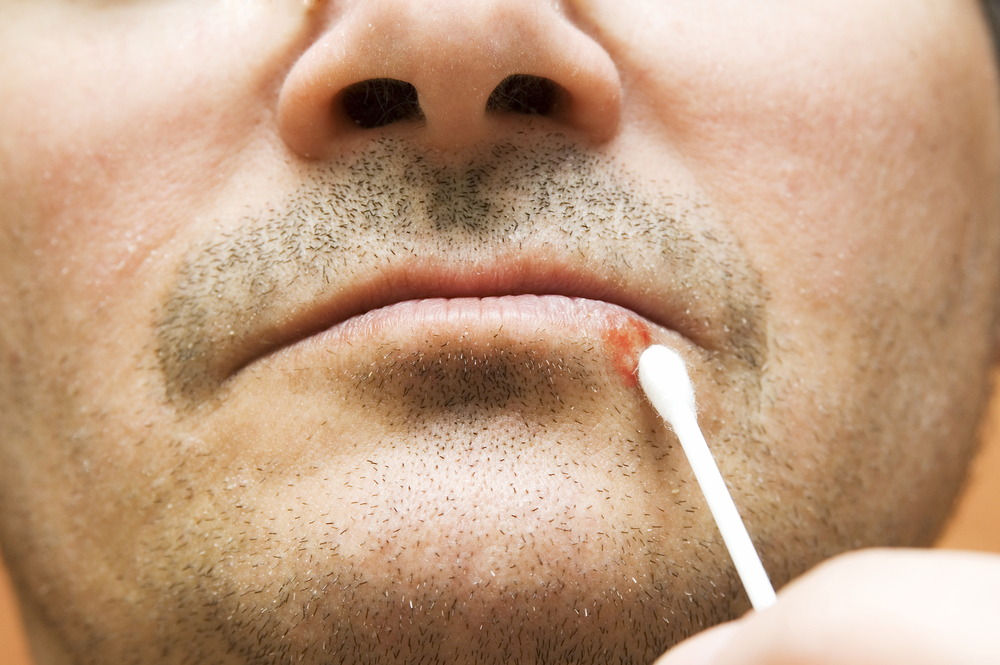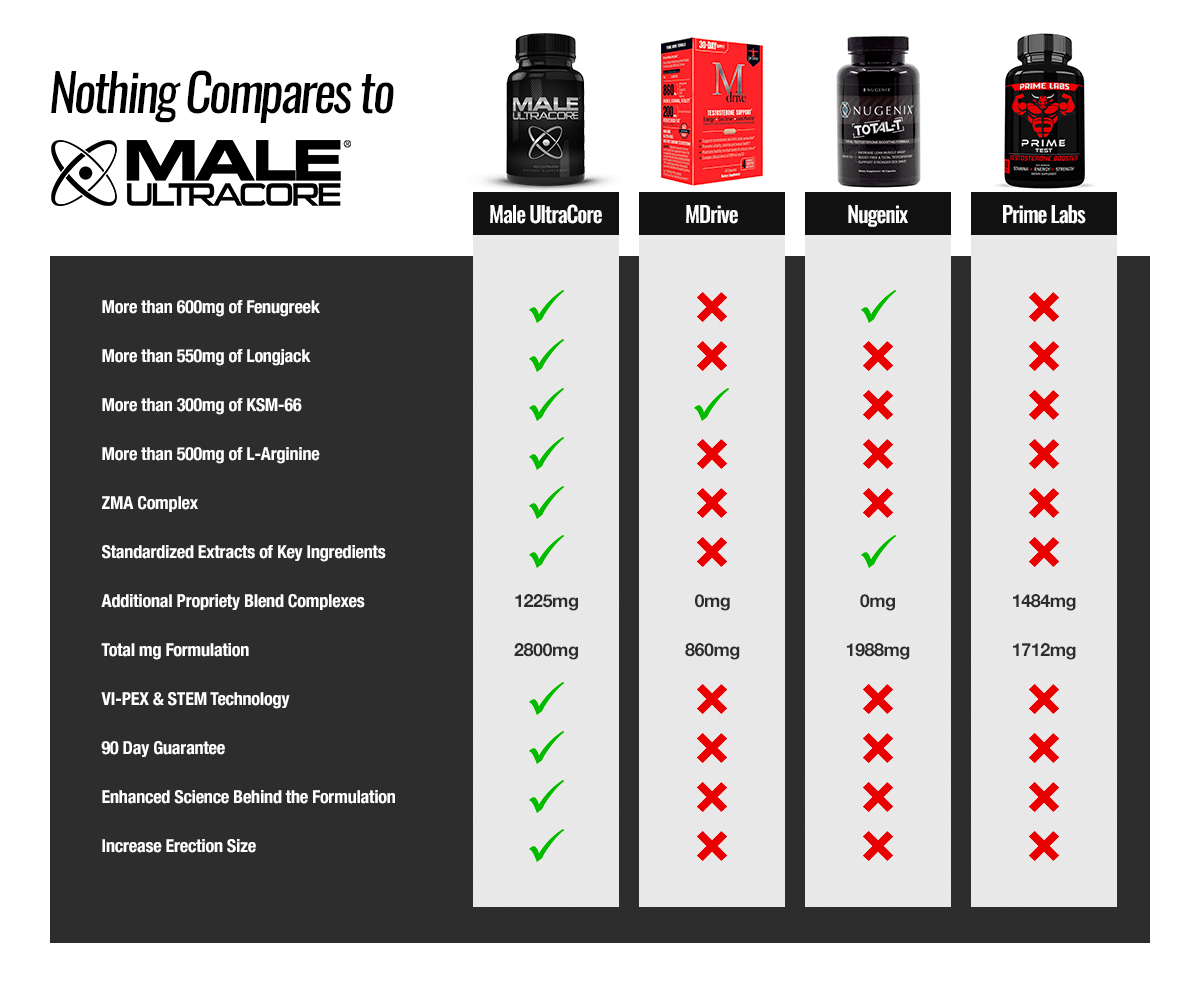The beach is one of the most popular destinations during the summer. Even a public swimming pool would be a great place to hang out to escape the heat. But if you’ve got health problems, that might just hinder you from having a great time in the water.
Swimming is fun and healthy, but would it be safe for you if you have a cold sore? Cold sores are known to be highly contagious, so you might be worried about passing the infection on to others if you’re having an outbreak. Find out whether it’s safe for you to go swimming with a cold sore.
Oral Herpes
Fever blisters or cold sores are a sign that you have contracted oral herpes. HSV-1 or herpes simplex virus type 1 is the strain that typically causes oral herpes. The second type, HSV-2, is the one that is highly associated with genital herpes.
In truth, because both types of virus can spread to other parts of your body, they can both cause either oral or genital herpes. It’s just that most cases of HSV-1 infections cause blisters to form on your mouth or face, while most cases of genital herpes are due to infection with HSV-2.
How is Herpes Spread?

Herpes can be transmitted through a number of ways. Whether it’s HSV-1 or HSV-2, any skin contact with a sore or blister will most likely cause the virus to spread. Skin contact during sex can easily spread genital herpes, while kissing is one of the most common means by which oral herpes is spread.
With oral herpes, the virus may also be present in your saliva and not just on your cold sores. So aside from kissing, you can also spread oral herpes if you let other people drink from your cup or eat using utensils that you just used.
During an outbreak, the fever blisters will erupt and break on their own. That’s when the infected fluid inside the blisters ooze out. This is the time when the risks of transmitting the disease are the highest. And this is when you should be most careful about avoiding skin and oral contact with other people.
Can You Go for a Swim During an Outbreak?
If your main concern is that you might pass the virus on if you go for a swim when you have a cold sore, then you shouldn’t worry too much about it. You won’t be spreading the virus even when you swim at a public swimming pool.
Plus, powerful chemicals like chlorine are usually added to public swimming pools, and those chemicals are usually strong enough to kill the virus. However, if you’re concerned about whether your cold sores will worsen, then that’s a different story.
If you’re going to a public swimming pool, you should prepare yourself for a little bit of discomfort. Because of the chlorine that was added to the pool water, you may feel a stinging sensation in the area where your cold sores are located.
In addition, chlorine tends to dry out cold sores, which can then make the blisters crack and the fluid inside them to ooze out. If this happens, the virus may spread to other parts of your face. You can easily prevent this by applying petroleum jelly on the blisters before you dive into the water.
However, if you’re feeling a little bit run-down, you might want to stay home and rest instead. Although swimming is safe for your cold sores, physical exertion can drain your energy. And when you’re too tired, your immune system may find it harder to fight off the herpes virus.
On top of that, exposure to the sun can trigger a cold sore outbreak. So if you’re planning to head to the beach, you may want to consider minimizing your exposure to the sun.
Things You Shouldn’t Do When You Have a Cold Sore
Although going for a swim could be alright even if you have a cold sore, there are other things that you should be mindful of during an outbreak.
- No kissing
As much as you would like to show your affection to your loved ones, try to refrain yourself from kissing as this might spread the virus. In particular, avoid kissing a baby when you have a cold sore because the baby might end up contracting neonatal herpes.
- Avoid sharing your stuff
Anything that you’re using that might have come into contact with a cold sore shouldn’t be shared with anybody else. These include cutlery, cold sore creams, and even towels that you might have used to wipe your face.
- Stop touching your cold sore

The HSV-1 virus may transfer to your fingers and cause sores to grow on them. This happens too often, in fact, that doctors have a name for the condition. Herpetic whitlow happens when the herpes virus causes blisters to form on your fingers.
- When applying a cold sore cream, don’t rub it
If you’re using a cold sore cream, just dab it on the blisters when you’re applying the cream. If you rub it, you may cause the sores to rupture and the infected fluid to seep out, which can then cause the virus to spread.
- Avoid salty and acidic foods
During an outbreak, eating salty and acidic foods may aggravate your cold sores. Until your cold sores heal and completely disappear, it’s best to avoid eating pineapple, tomatoes, citrus fruits, wine, pretzels, soda, vinegar-based salad dressings, and other acidic and salty foods.
The Bottom Line
It’s definitely safe for you to swim with a cold sore. You just need to be mindful of a few things while you’re out on the beach or at a public swimming pool, like minimizing your sunbathing time or applying petroleum jelly on your cold sore before you go for a swim.
If your cold sore is causing too much pain or irritation, consider taking ibuprofen or other over-the-counter pain relievers to lessen the pain. And don’t forget to use a sunblock lip balm.
Increase Your Testosterone Levels with Testosterone Boosters
Male UltraCore is a premium testosterone boosting supplement that is designed to maximize test levels, increase your performance and drive, and give you harder and fuller erections. 





